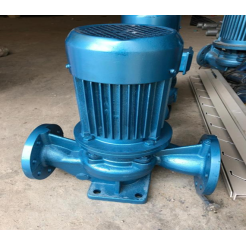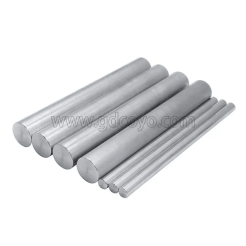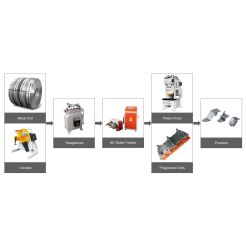panel bender
Product Description
https://www.ahxisim.com/panel-bender/
Panel Bender Manufacturer
Hisman offers the ultimate automated bending solution tailored to your specific needs. Our extensive industry expertise allows us to produce top-of-the-line panel bender machines.
What is a Panel Bender?
The Panel Bender is a highly automated machine for bending and forming sheet metal. It is similar to a press brake, but offers more versatility and efficiency. These machines have been around for more than 40 years and offer several advantages over traditional press brake machines, including labor savings, speed, good repeatability and consistency, and the ability to position the sheet for bending on all four sides in one pass.
Equipped with a highly intelligent operator control system, the Panel Bender can efficiently bend different workpieces, making it ideal for companies looking to automate and improve their production processes. Despite the high one-time investment cost, the efficiency and intelligence of the Panel Bender machine make it a revolutionary alternative to traditional press bending machines.
In conclusion, the Panel Bender is an effective metal deformation machine that quickly completes complex parts that require precise radius formation, folds or curves. It works with virtually no tool changes, making it a versatile and efficient option for sheet metal forming.
Types of Panel Bender
There are several types of Panel benders, each designed to meet the specific needs of the sheet metal forming industry. Here are some examples:
1000 x series Panel Bender: with molding lengths up to 1000 mm, it is particularly cost-effective for the production of small parts.
1400 x series Panel Bender: with a forming length of up to 1400 mm.
2000P series Panel Bender: Molding lengths up to 2000 mm.
2500P series Panel Bender: forming lengths up to 2500 mm.
Each type of panel bender has a unique structure and features, but they all have some common characteristics. They use universal, adjustable tools with upper and lower bending knives, eliminating the need for a large number of bending tools depending on the shape and size of the workpiece.
The choice of Panel Bender depends on the specific requirements of your production process. Our experts can provide you with a customized Panel Bender for your specific industry.
Panel Benders vs Press Brakes
Press Brakes and Panel Benders are both used in the metalworking industry to bend sheet metal, but they have different mechanisms and are suitable for different applications.
Press Brakes:
Press brakes use punches and dies to bend workpieces. The punch is driven by hydraulic or mechanical force and presses the workpiece into the mold.
They are less expensive than panel benders, but their cost varies by tonnage, ranging from 40 tons to over 1,000 tons.
During operation, the operator may need to adjust the plate after each bending cycle.
Press brakes can be automated by adding robotic arms, but this increases the overall cost of the machine.
Panel Benders:
Panel benders have similar appearance and functionality to press brakes, but are more suitable for producing complex workpieces.
The panel bender can bend upward, downward and horizontally, allowing it to bend all sides of the panel.
The upper and lower blades, auxiliary blades, and automatic manipulators are the key components of the panel bender.
These tools are versatile and can be adjusted to plate changes without any additional setup time.
Once the panel bender positions the panel, it is held in place and the upper and lower blades bend the panel up or down.
Efficiency Comparison:
The panel bender bends parts two to three times faster than a press brake and with greater consistency.
The machine's automated features also allow for lights-out operation when time is of the essence.
In conclusion, while press brakes are more traditional and cheaper, panel benders offer greater efficiency and consistency. The choice between these two technologies depends on your specific needs, such as part complexity, throughput, budget, etc.








